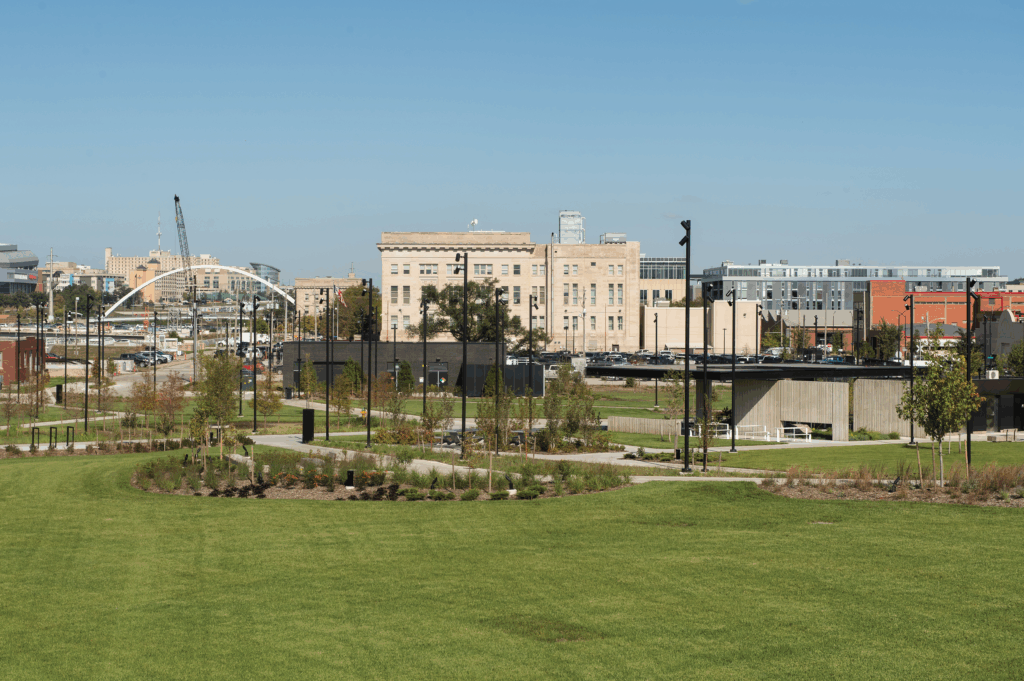Alianza grows into independent organization

Puede leer estas palabras? No?
Imagínese si tuviera que hacer un trato en el español como un empresario nuevo en México.
Don’t worry; I’ll translate.
I asked if you could read the first sentence and then to imagine being a new business owner in Mexico trying to strike a deal in Spanish.
How would you feel? How did you feel just trying to read Spanish? I’d guess probably not all that comfortable, and that you were a half-second away from flipping the page before you realized this isn’t a guest piece from La Prensa.
The language barrier is just one of the many issues that the Alianza: Latino Business Association has been helping Latino business owners deal with since the organization was founded as an affiliate of the Greater Des Moines Partnership with its help in late 2004.
But now, after five-plus years, the fledgling organization has spread its wings and left the cozy, financially stable nest of the Partnership for its independence and the opportunity to grow toward becoming a full-fledged chamber of commerce.
“The vision that I think the founding members had was to become an independent organization, a self-sustaining organization, possibly a place that had its own home and headquarters, and we are heading in that way,” said Nannette Rodriguez, the organization’s first president and current vice president. “You know, for an organization that is 5 years old, that’s a lot of stuff to have happen in a short amount of time.”
The impetus for the organization, which strives to help Latino businesses become more profitable and sustainable and to provide technical assistance and aid connecting its members with mainstream businesses, actually didn’t come from the Latino community, but rather from the Partnership.
The Partnership saw a shift in Iowa’s Latino population and helped incubate Alianza as an effort to better understand the community. After a series of baby steps over the past 2 1/2 years, a lot of hard work and lots of help from the Partnership, the transition to independence is now complete, said outgoing President Claudia Schabel.
But with independence comes a halt in the seed funding from the Partnership and a new incentive to increase membership and become self-sustaining.
Enter incoming President Micah Kiel of Cross Culture Consultants, a white, non-Latino who on June 1 will begin helping lead Alianza out of what he called the incubation phase and into the growth phase.
With 37 members, Alianza must find a way to build its membership base, Kiel said. To do that, the organization hopes to cater to both Latino and non-Latino businesses with a more sophisticated membership structure that offers six membership levels, each with a varying range of benefits and dues, as compared to the one option the organization had previously.
“Part of becoming independent is having financial stability, and we are hoping that our membership structure kind of drives that financial stability to where we can grow beyond receiving seed money, to generating our own revenue and making our own decisions,” said the bilingual Kiel, who has been involved with Alianza since last fall.
But perhaps the hardest part in expanding the membership will be recruiting Latino businesses. Most people think Latino business organizations are primarily composed of Latinos, but, Kiel says, most of the organizations around the Midwest are about evenly divided between Latinos and non-Latinos.
The reason is, non-Latino businesses more easily see the value in connecting with Latino businesses as compared with Latinos, who aren’t as used to the idea of community organizations in their culture, Rodriguez said.
“Organizing around a concept like a chamber is a new idea for (Latinos),” she said. “So that speaks to what Micah is alluding to with having a difficult time making a sell, because we will get a look on the face from new businesses, ‘What is a chamber and why should I care and why is this important or how will it benefit me?'”
Rodriguez said she believes the new membership structure will help attract Latino businesses and individuals because they will more easily be able to see tangible benefits.
Schabel pointed to opportunities the group offers, such as providing resources for businesses in Spanish, which she said are still lacking in the Des Moines area. Recently, Alianza secured funding from Bankers Trust Co. to reactivate its UNO:UNO program, in which members are eligible to receive free on-site business consulting in Spanish.
Alianza also hosts Pachanga Nights, a quarterly networking event that regularly has about 75 attendees from both Latino and non-Latino businesses. The next event will be in August.
For Rodriguez, who came to Greater Des Moines in 1996, the change in the Latino business scene has been dramatic. She has seen the rehabilitation of the Latino corridor along East Grand Avenue and seen the Spanish-language press in Iowa grow from zero newspapers and zero radio stations to 10 weekly publications and two stations.
“When I moved here I thought, I’m not really sure what is going to happen,” she said. “But that resurgence sort of happened in probably the last five to six years.”
Rodriguez said Alianza has helped spur that resurgence by being a critical point of gathering for the Latino community. Without the organization, she said, it would have been tough for the community to flourish.
“There would have been no representation, no leadership, no visibility for these businesses, and zero meeting points and zero connections, and I think that is really vital,” she said. “I just think that people would continue to be unaware and businesses would continue to be unaware. I think there is an insularism that comes with living in the United States, particularly in the Midwest, and it’s kind of tragic but it is reality.”
Also a reality and a positive for Alianza as it tries to expand its membership, is the growing Latino population in Iowa. In 2000, there were 82,473 Latinos in Iowa, or 2.8 percent of Iowa’s 2.9 million residents, according to the 2000 Census. That total has grown to 126,329 Latinos, or 4.2 percent of the 3 million residents, according to 2009 U.S. Census Bureau estimates.
But Kiel insists a name change to, for example, The Greater Des Moines Hispanic Chamber of Commerce, is not in the offing. It’s merely a long-term goal to become a chamber of commerce.
Still, growth willing, it could be a natural step in the future, as typically many Latino business associations eventually move to become formal chambers of commerce, Rodriguez said.
“I guess I’m kind of in a unique situation of seeing just about everything that has happened with the organization, its highest of the high points and its not so high points,” she said. “And I can really say, right now it’s probably one of the brightest pictures I’ve seen for the organization.”











